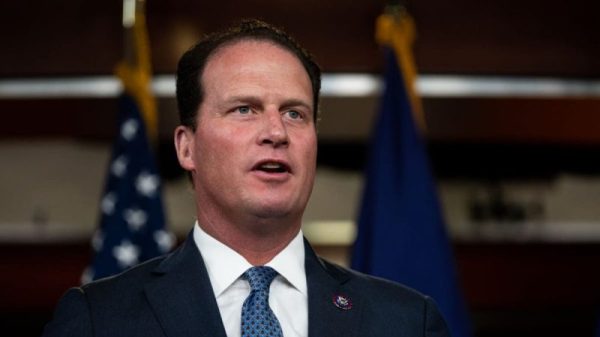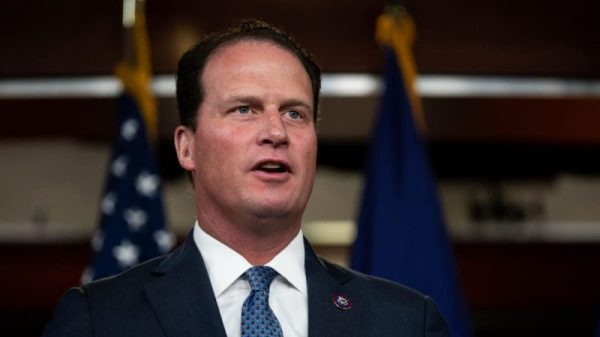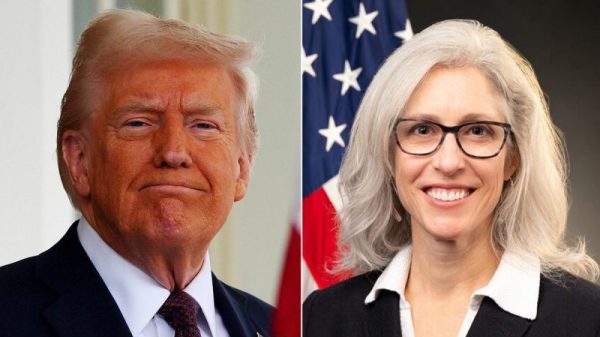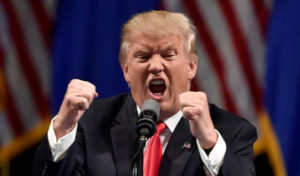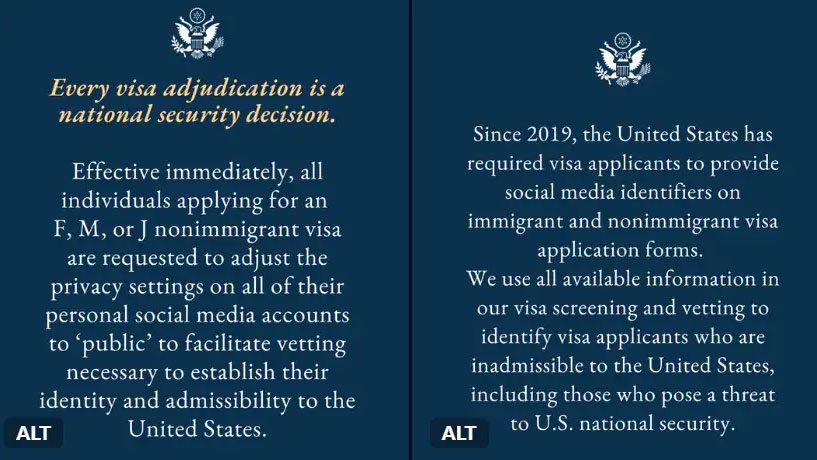
Foreign students applying to study in the United States will now be required to make their social media profiles public so that American diplomats can vet their online activity for signs of “hostility” towards the US or threats to national security.
Under new guidance issued by the US State Department this week, consular officials will carry out social media checks on all applicants for F, M, and J category visas — covering academic studies, vocational training, and cultural exchange programmes.
Applicants who refuse to change their privacy settings may be treated with suspicion, with the State Department warning that refusal to cooperate will be considered a “red flag” for concealment of online activity.
According to the guidance, consular officers are instructed to look for “any indications of hostility toward the citizens, culture, government, institutions, or founding principles of the United States.” A confidential diplomatic cable, obtained separately by Politico, also advises diplomats to flag any posts suggesting support for terrorist organisations, antisemitic violence, or any other perceived threats to US national security.

The move has already sparked concern among civil liberties advocates and academic institutions. Critics warn that the policy could amount to ideological screening and may infringe on free expression and privacy, particularly for students from countries where political dissent or criticism of US foreign policy is common.
In particular, the focus on identifying “antisemitic harassment or violence” has been interpreted by some as part of a broader crackdown on students and activists who oppose Israel’s ongoing military actions in Gaza. Several US immigration agencies have faced criticism for conflating political speech about Israel with antisemitism.
The policy comes amid wider efforts by the Trump administration to overhaul immigration and tighten national security controls. In late June, the State Department temporarily suspended the issuance of new student visas while officials reviewed how to implement enhanced social media screening.
With the latest directive, visa processing has resumed — but now with what officials are calling “comprehensive and thorough vetting”. A senior State Department official praised the updated procedures, stating: “It is an expectation from American citizens that their government will make every effort to make our country safer. That’s exactly what we’re doing.”
Senator Marco Rubio, who has supported enhanced screening measures, was also cited as a key supporter of the new approach.
In addition to raising privacy concerns, some immigration lawyers and university groups say the directive could deter international students from applying to US institutions altogether. The US has already seen a decline in foreign student enrolment in recent years, a trend that may be accelerated by these new measures.
Applicants will be instructed to make platforms such as Facebook, X (formerly Twitter), Instagram, and TikTok visible to consular staff for the purposes of evaluation. There is currently no indication of how long this visibility must remain in place or whether past online content will be archived for future monitoring.
The Biden administration has not yet commented on whether it intends to revise or revoke the policy, though critics say it reflects a growing global trend of “digital border control” that blurs the lines between immigration policy and surveillance.
Read more:
New US visa rules will force foreign students to unlock social media profiles


